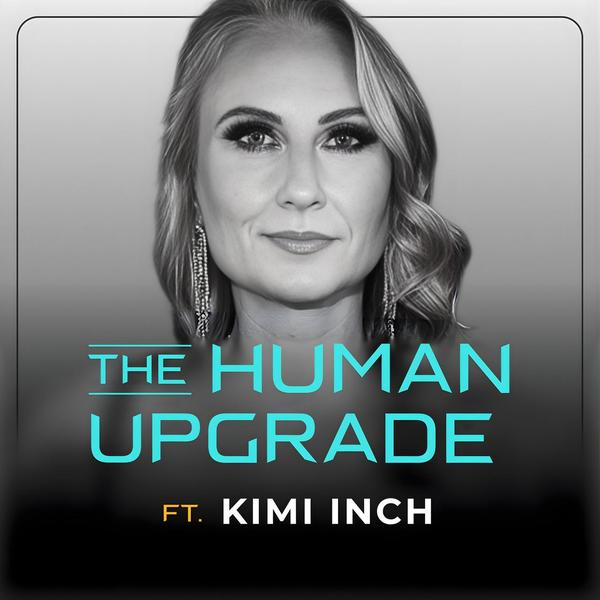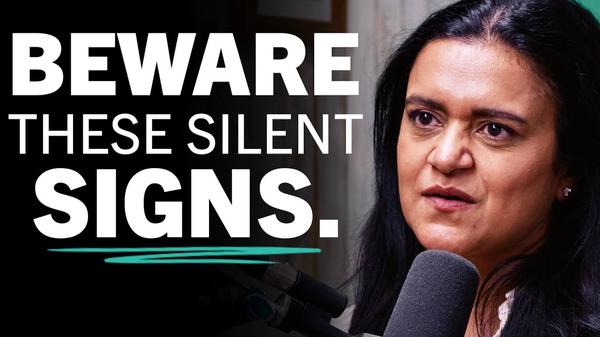Why You’re Still Tired — And How to Fix It (with Dr. Andy Galpin)
Mark Hyman
Jun 18, 2025
Mindsip insights from this episode:
Recognize afternoon fatigue as a normal physiological response
Feeling a bit tired in the afternoon is a normal physiological response and should not automatically be pathologized as a disorder or deficiency.
Monitor sodium-to-potassium ratio to identify overtraining stress
A low sodium-to-potassium ratio in blood work can indicate high allostatic load from overtraining, signaling a need for rest rather than a dietary change.
Build high-quality muscle to prevent metabolic problems
It is extraordinarily rare to have type 2 diabetes if you have high-quality muscle mass, making it a key defense against metabolic issues.
Build resilience to thrive through life's challenges
The goal isn't to be anti-aging by minimizing all risk, but to be anti-fragile by building the resilience to handle life's insults and enjoy experiences.
Avoid obsession with sleep trackers to prevent orthosomnia
Obsessing over data from consumer sleep trackers can induce a clinical sleep disorder known as orthosomnia.
Establish consistent wind-down routine to signal sleep
The key to a successful wind-down routine is the consistent pattern of activities, which acts as a Pavlovian cue to signal your body it's time for sleep.
Aim for resilient sleep over optimal sleep
Instead of striving to be an optimal sleeper, it's more beneficial to be a resilient sleeper who can perform well even with inconsistent schedules.
Prioritize sleep regularity over total hours for better energy
For your perceived energy levels, sleep regularity will have a bigger impact than the total number of hours you sleep.
Train your brain for toughness through discomfort
Pushing through discomfort develops specific areas of the brain, meaning toughness is a learnable skill that can be physically built.
More from
Mark Hyman
You also might be interested in
The Hidden Damage That Happens "Behind-The-Scenes" In The Adult Entertainment Industry, With Former Adult Actress Felicity Feline
How to Set & Achieve Goals | Huberman Lab Essentials
The Science of Erotic Altered States | Biohacking Sex
Neuroscientist: If You’re Feeling THIS, You’ve Lost Touch With Your True Self
Neuroscientist: If You Feel THIS, You're Living the Wrong Life (Unlock The One You're Meant For)









